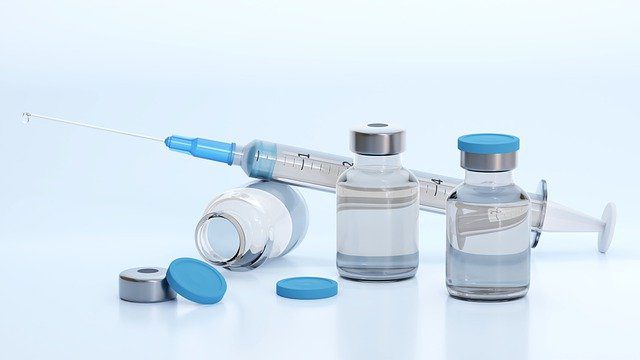In the year 2000, the number of Dengue cases was reported to be approximately one-half million. In October 2023 the total reached 4.2 million cases of Dengue virus. The virus is transmitted through mosquitoes and has mostly been confined to the tropics. According to the UNMC, it has spread to various locations throughout the world, including parts of southern Europe. Dengue is breaking previous records. Why?
About the Treatment
Dengue may cause fever, bone pain, and death. Unfortunately, the vaccines currently available are somewhat limited, and attempting to control the mosquitoes that transmit Dengue is even more challenging. The vaccine is currently being tested at the Butantan Institute in Brazil.
Last month researchers shared their current findings at the American Tropical Medicine annual meeting held in Chicago. They discussed well-known methods being used to curb the disease. Adam Wickham, an immunologist at New York’s Syracuse University commented that a multi-layered effort is necessary in order to control the disease. Dengue is caused by four viral subtypes. It was agreed that the perfect vaccine to combat the disease should be 90% effective across the different serotoypes (variation within species) and be as effective for patients who have had the infection as for those who have not.
Newly Developed Vaccines
Dengvaxia, developed by Sanofi S.A. based in Paris, France, boasts a 60% efficacy against Dengue that is symptomatic. The vaccine must only be used to treat patients who have had the disease previously. If it is used to treat people who have not experienced Dengue infection, there is a greater risk of severe infection.
Takeda, based in Osaka, Japan has developed a vaccine called QDenga proven to be safe whether or not a person has been previously infected. The vaccine has an efficacy rate of 73% when used against dengue
TV003, a third vaccine, is the product of the US Institute of Infectious Diseases in Bethesda, MD. TV003 is being tested on approximately 16,000 people who have been monitored for up to five years. The vaccine showed an efficacy of 80%. It should be noted that the vaccine appears to be safe as approximately half of the participants had not been infected with the disease. However, there is insufficient data on certain serotypes as DVNV3 and DVNV-4 were not widely circulated during the trial period.
Janssen Pharmaceutical, based in Beerse, Belgium also discussed a promising new antiviral drug that is taken in pill form called JNJ-1802 which is being developed to prevent dengue.
The data presented at the Tropical Medicine meeting came from ‘a human challenge’ study using volunteers who were exposed to infectious agents deliberately. Healthy human volunteers were given either a daily dose of the anti-viral drug or a placebo for 26 days. These patients were given injections of dengue virus on day number five of the treatment. Six out of ten participants who were given a high dose of JNJ-1802 were free of any detectable virus in their blood throughout the entire length of the study. On the contrary, five days after being injected with dengue, the researchers found that most volunteers who received low or medium doses of JNJ-1802 exhibited detectable virus levels a day or so later than the group given the placebo.
Targeting the Viral Carriers
The measures currently used to control Aedes aegypti have failed according to Cameron Simmons, specialist for infectious diseases at the World Mosquito Program (WMP) in Melbourne.
The non-profit organization began releasing the Wolbachia bacterium which competes with the Zika and dengue viruses in Columbia where dengue mosquitoes are heavily established. The scheme has successfully lowered levels of dengue by 94% to 97%.
The WMP has recently announced it will also release modified mosquitoes in various locations in Brazil over the next ten years. The WMP’s goal is to protect seventy million people from dengue-type diseases.



